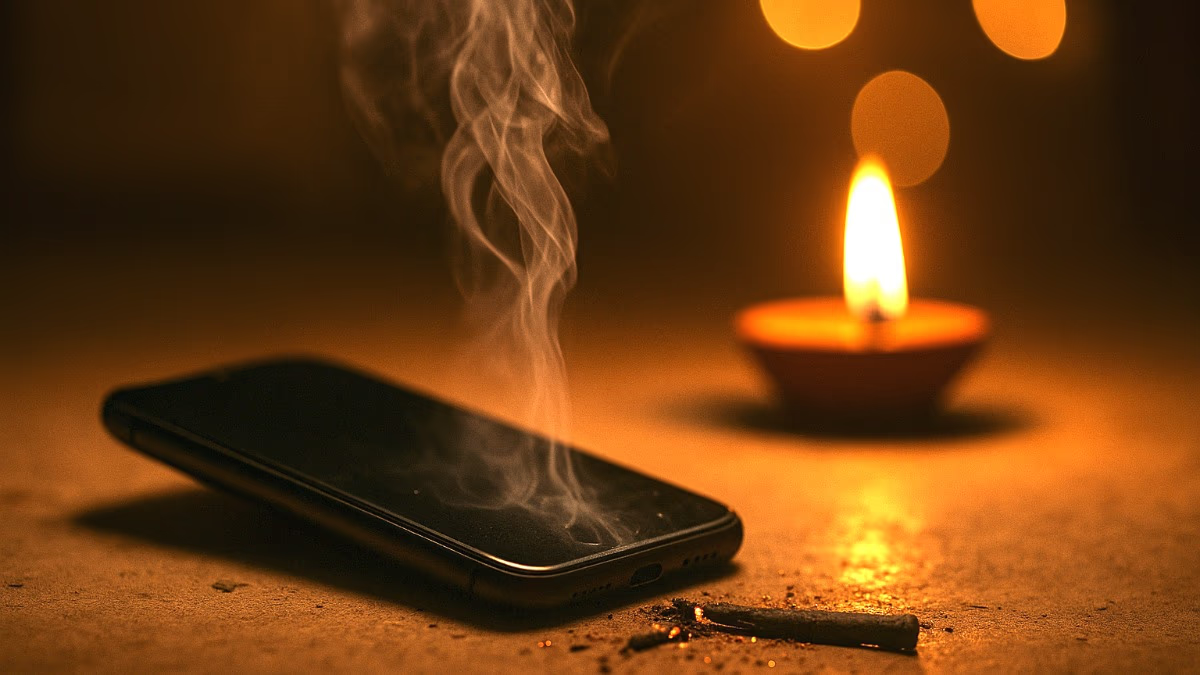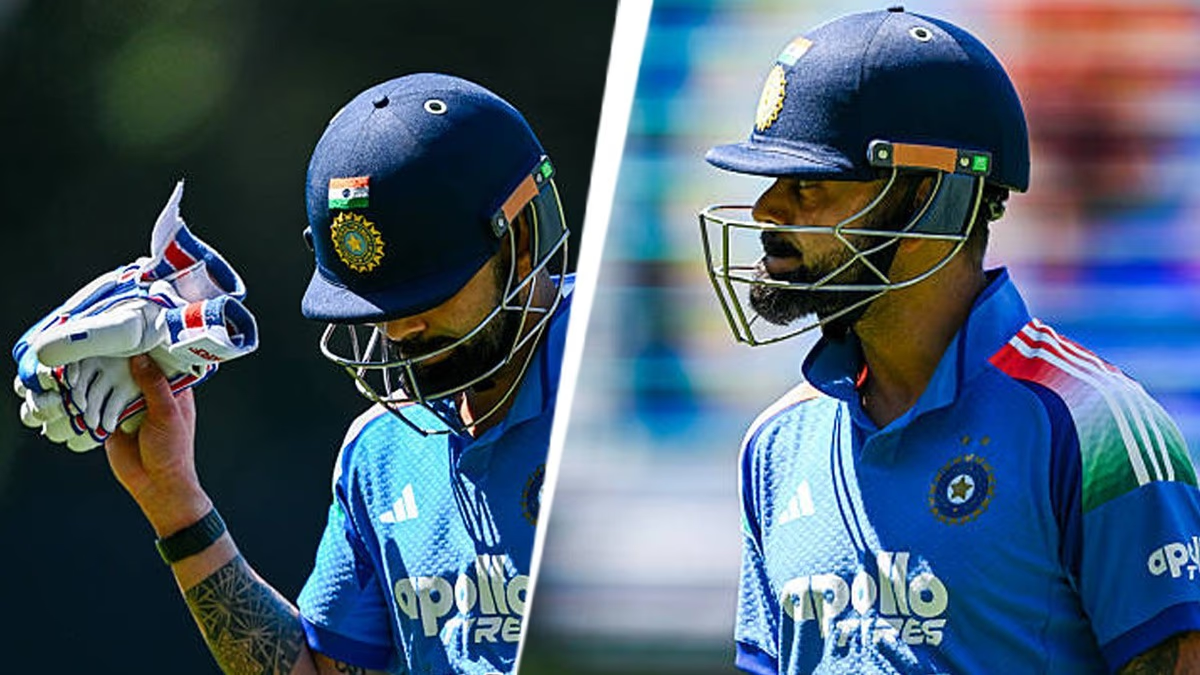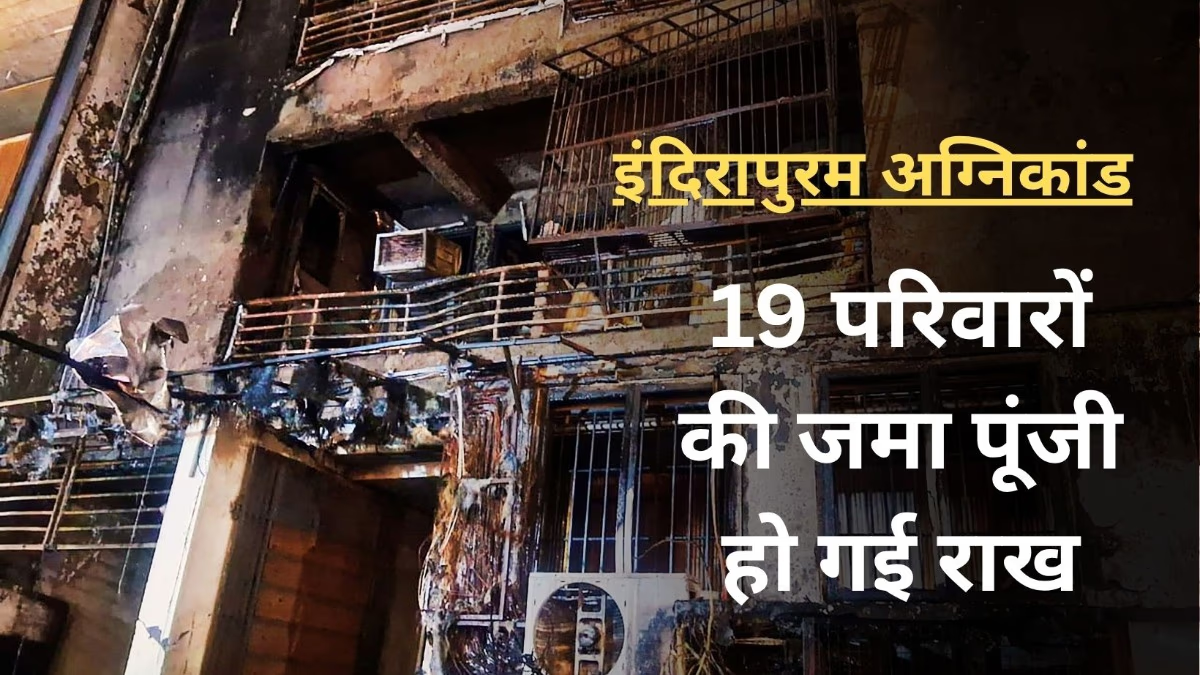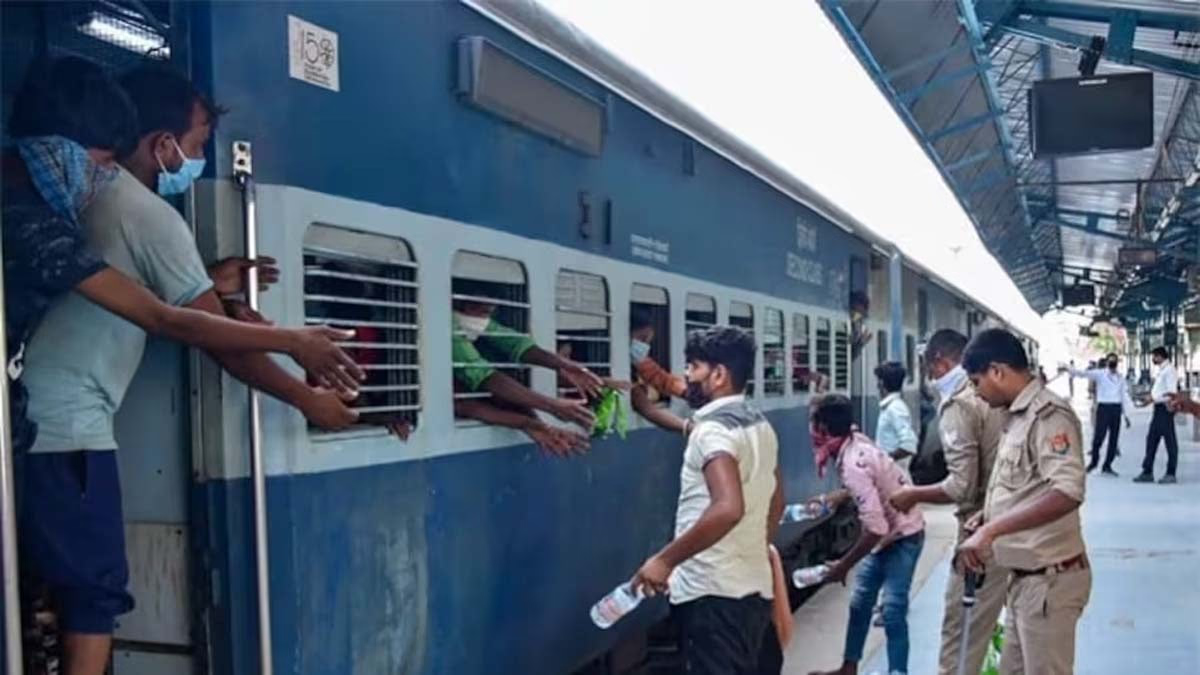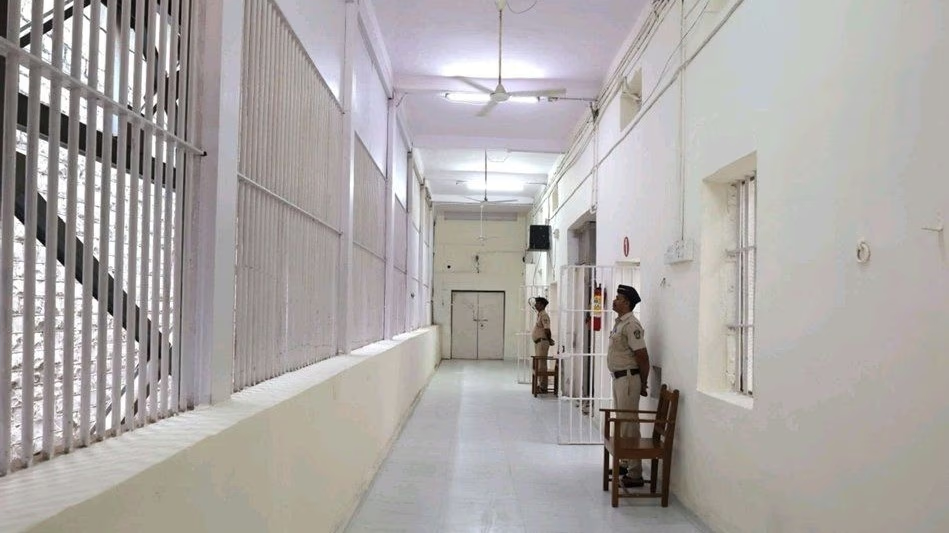Amidst the fireworks, lights, and decorations during Diwali, the use of smartphones increases dramatically. Whether it's snapping photos or looking up recipes, people often keep their phones in hand or pocket during the celebrations. This period sees a spike in incidents of mobile explosions due to overheating batteries or reckless charging habits.
If you wish to keep your phone safe from burning or exploding during the festival, there are crucial points to remember. We will also guide you on what to do if an explosion or fire occurs.
Keep Your Phone Away From Fireworks
Sparks, smoke, and high temperatures from fireworks can damage the battery. Most mobile blazes or explosions are caused by their lithium-ion batteries. If the phone falls during Diwali, try not to use it at least on the day of the festival. Dropping your phone can sometimes impact the battery, leading to overheating or even a fire. With fireworks and lamps, the risk of mobile explosions increases significantly.
Avoid Fake or Cheap Chargers
Inexpensive or imitation chargers can cause incorrect voltage flows, leading to battery swelling and explosion threats. Always use company-certified (Original/Certified) chargers.
Don't Leave Your Mobile Charging for Too Long
A phone left charging overnight can overheat, increasing risks. It's wise to keep the battery charge between 20% and 80%. Most settings allow you to charge up to 80% and then stop, so select that option.
Protect From Heat
Fireworks, sparklers, and rockets generate lots of heat around mobile phones. If your phone feels warm, consider turning it off or placing it in a cool location. Avoid keeping your phone in your pocket or hand while lighting fireworks, as even a tiny spark can damage it.
Don’t Ignore a Cracked Screen or Faulty Battery
If the battery looks swollen, smells burnt, or if the screen appears to be lifting, visit a service center immediately. Such devices have a high risk of explosion or fire.
Use Power Banks Correctly
Do not charge a power bank wrapped in clothes or under a pillow. Proper airflow is necessary to prevent overheating. Ensure proper air circulation to maintain safety.
